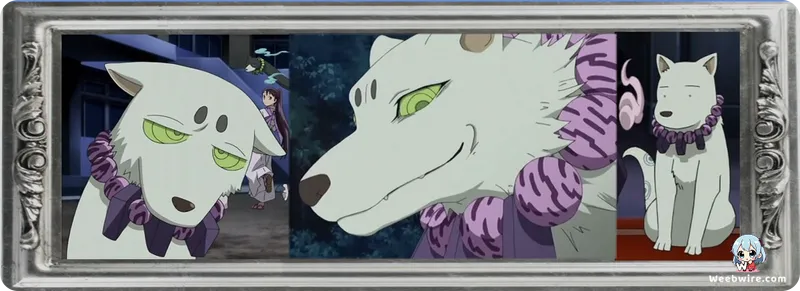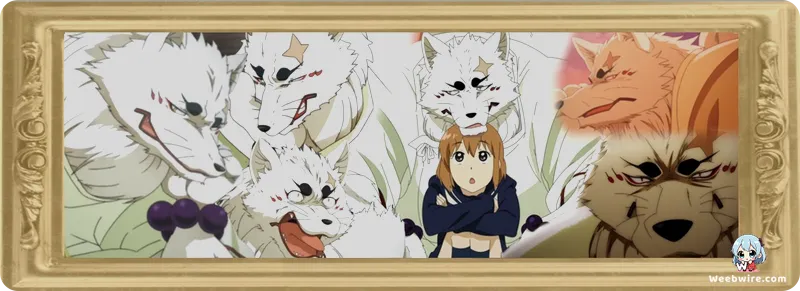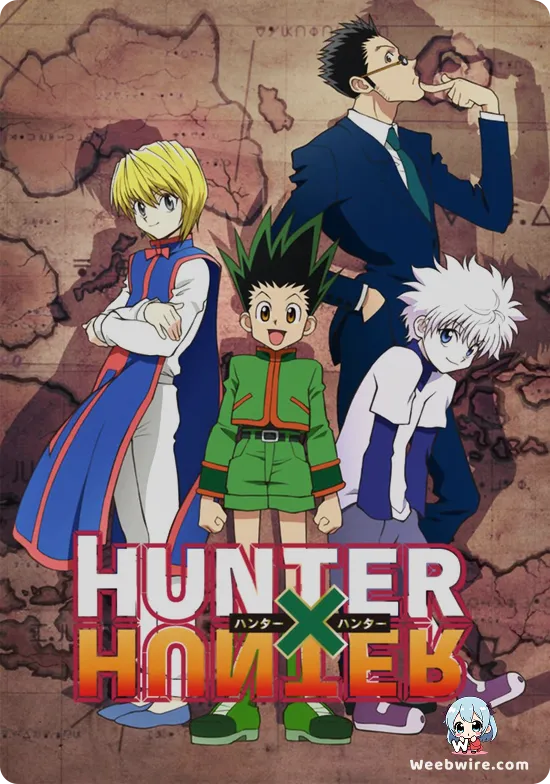Beyond the Epic: 'Senyuu's' Five-Minute Episodes Deliver a Masterclass in Anime Comedy and Meta-Humor

In an anime landscape often defined by sprawling sagas and epic 24-minute narratives, a true anomaly emerged in January 2013, proving that comedic genius and narrative brilliance could flourish within the most remarkably brief confines. That gem was Senyuu, a production from Studio Ordet that wasn't merely another fantasy adventure; it was a masterclass in rapid-fire comedy, ingenious meta-humor, and the profound art of achieving immense impact with minimal runtime. This series didn't just redefine efficiency in anime storytelling; it perfected it, packing an unprecedented volume of laughs, surprising character development, and relentless genre subversion into its famously concise, five-minute episodes. Senyuu became a testament to the idea that sometimes, less truly is more, leaving an indelible mark on the comedic anime canon.
At its whimsical core, Senyuu chronicles the misadventures of Alba, a supposed hero, and his perpetually annoying, yet oddly competent, companion Ross, as they embark on a quest to defeat the formidable Demon King Rchimedes. However, it quickly becomes abundantly clear that Senyuu has a far grander, more subversive purpose: to mercilessly lampoon every conceivable fantasy trope with surgical precision. Its genius lies in its relentless subversion of expectations: Alba is not your typical valiant protagonist; he is an exasperated, perpetually unlucky, and often hilariously useless hero, suffering endlessly at the hands of his companions and even the omniscient narrator. Ross, his perfect foil, is a sadistic, fourth-wall-breaking demon disguised as a knight, whose primary objective seems to be tormenting Alba while occasionally dispensing surprisingly profound and insightful advice. This dynamic alone is a bottomless wellspring of comedic gold, but the anime fearlessly delves even deeper into unexpected realms of humor, constantly surprising its audience.
The Power of Brevity: Five Minutes of Pure Gold
One of Senyuu's most revolutionary aspects is its ingenious weaponization of its incredibly short episode length. At a time when 24-minute anime dominated the airwaves, Senyuu boldly carved out its unique niche with just five minutes per episode, including opening and ending themes. Far from being a creative constraint, this extreme brevity became its ultimate comedic superpower, forcing the writers to deliver jokes with machine-gun precision and establish complex character dynamics almost instantaneously. Every single line, every subtle reaction, and every visual gag had to count, resulting in an unflagging pace that left viewers perpetually wanting more. The show rarely wasted a second, ensuring that punchlines landed hard and fast, making it incredibly rewatchable and eminently shareable in the nascent days of online streaming. This concise format served as a refreshing palate cleanser amidst longer, more drawn-out series, unequivocally proving that impactful storytelling doesn't always necessitate extensive runtime.

Furthermore, Senyuu stands as a veritable encyclopedia of meta-humor and audacious fourth-wall breaks. The narrator, often voiced by the incomparable Tomokazu Sugita (who also voices Ross), transcends his traditional role, acting as a fully-fledged character who constantly comments on the unfolding plot, the eccentric characters, and even the very production of the anime itself. This self-aware commentary adds yet another intricate layer of absurdity, transforming the viewing experience into a shared, knowing joke between the creators and the audience. Characters frequently acknowledge their existence within a video game-like world, openly question the logic of the plot, or directly address the viewers with casual irreverence. This audacious approach, combined with its brilliant parody of classic RPG elements—from hilariously mundane level-ups to cliché villain monologues—made Senyuu an unparalleled standout. It playfully, yet effectively, dismantled the very concept of storytelling in fantasy anime, inviting viewers to laugh along with its deconstruction.
A Masterclass in Voice Acting
The iconic voice acting duo of Tomokazu Sugita (Ross) and Hiro Shimono (Alba) is, without a doubt, another pivotal factor in Senyuu's enduring charm and comedic success. Sugita, renowned for his deadpan humor and incredibly versatile range, imbues Ross with a delightful blend of casual sadism and surprising moments of genuine wisdom, elevating his taunts and observations to an art form. Shimono, on the other hand, perfectly captures Alba's perpetual exasperation, his escalating despair, and his utterly relatable suffering, making his plight endlessly hilarious. The palpable chemistry between them, their lightning-fast banter, and their seemingly improvised interactions form the very backbone of the anime's impeccable comedic timing. Their remarkable ability to convey so much with minimal lines, primarily through nuanced vocal inflection, showcases a true masterclass in comedic voice acting, cementing their dynamic as one of anime's most unexpectedly brilliant and unforgettable duos.
Studio Ordet's involvement also adds an intriguing footnote to Senyuu's legacy. While primarily recognized for visually distinct and often intricate works like Black Rock Shooter, Senyuu presented a completely different creative challenge. Its animation style is intentionally simpler, deliberately prioritizing exaggerated character expressions and precise comedic timing over elaborate action sequences. This stylistic choice was not a limitation but a deliberate artistic decision, perfectly complementing the series' gag-oriented nature. It allowed the studio to focus intently on clear, impactful visual jokes and immediate character reactions within strict time limits, thereby proving Ordet's remarkable versatility beyond their more intricate projects and demonstrating their ability to excel in a completely different comedic register.
Originating as a web manga by the talented Haruhara Robinson, published on Niconico Seiga, Senyuu's animated transition maintained its distinctive comedic voice and unique pacing with remarkable fidelity. The manga's inherently episodic nature translated seamlessly to the anime's short-form format, perfectly suiting the rapid-consumption culture of the internet. Its cult following grew organically through enthusiastic word-of-mouth among fans who deeply appreciated its unconventional humor and refreshingly irreverent take on the fantasy genre. Senyuu was never about breaking sales records or topping charts; it was about delivering pure, unadulterated, and often delightfully unexpected laughs, solidifying its rightful place as a unique and profoundly beloved entry in the comedic anime canon. In essence, Senyuu is far more than just a short anime; it is a powerful testament to how creative constraints, when embraced with ingenuity, can foster unparalleled innovation. Its unwavering commitment to brevity, its fearless exploration of meta-humor, its iconic character dynamics, stellar voice acting, and its unique position within Studio Ordet's diverse portfolio all contribute to its status as a surprising, enduring, and truly unforgettable comedic masterpiece. It serves as a delightful reminder that sometimes, the biggest laughs and most profound impacts truly do come in the smallest, most perfectly crafted packages.
Credits
Senyuu
Author
Haruhara Robinson
Cover Art
Haruhara Robinson
Studio
Ordet
Publisher
Enterbrain
Producers





